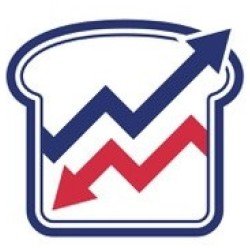Black Friday shopping takeaways and what they mean for the economy | ABC News
As the holiday shopping season kicks off, the U.S. experienced a robust Black Friday, with online sales hitting a record $9.8 billion, marking a 7.5% increase from the previous year. Shopper visits also surged, rising 4.6% compared to last year. Cyber Monday is anticipated to set a new record, with consumers expected to spend between $12 billion and $12.4 billion online. The reduction in inflation over the past year has provided some relief for consumers, though challenges remain as savings decline and borrowing costs increase.
Despite these economic indicators, credit card debt reached a record high in the third quarter of 2023, climbing nearly 5% from the previous quarter. The Federal Reserve’s interest rate hikes contributed to the spike in borrowing costs, raising concerns about the potential impact on consumers and the broader economy. While Black Friday sales paint a positive picture, retail analyst Simeon Siegel warns of potential pitfalls, highlighting the uncertainty around consumer health beyond what can be seen in revenues.
The overall economic landscape seems promising, with a low unemployment rate, wage growth outpacing inflation, and resilient savings for many households. However, the growing debt and increased borrowing costs pose potential challenges. As the holiday season unfolds, the data from Black Friday sales provides a positive outlook, but the cautionary note emphasizes the need to consider the complete financial picture……..![]() [read more]
[read more]
Rising Dough
 How might the current trend of increased consumer spending, despite rising credit card debt and borrowing costs, impact the overall economic health in the coming months?
How might the current trend of increased consumer spending, despite rising credit card debt and borrowing costs, impact the overall economic health in the coming months?
*Click on the “Full Loaf” icon to read the full article! After you read the full article, let us know your thoughts.
Share this content:












